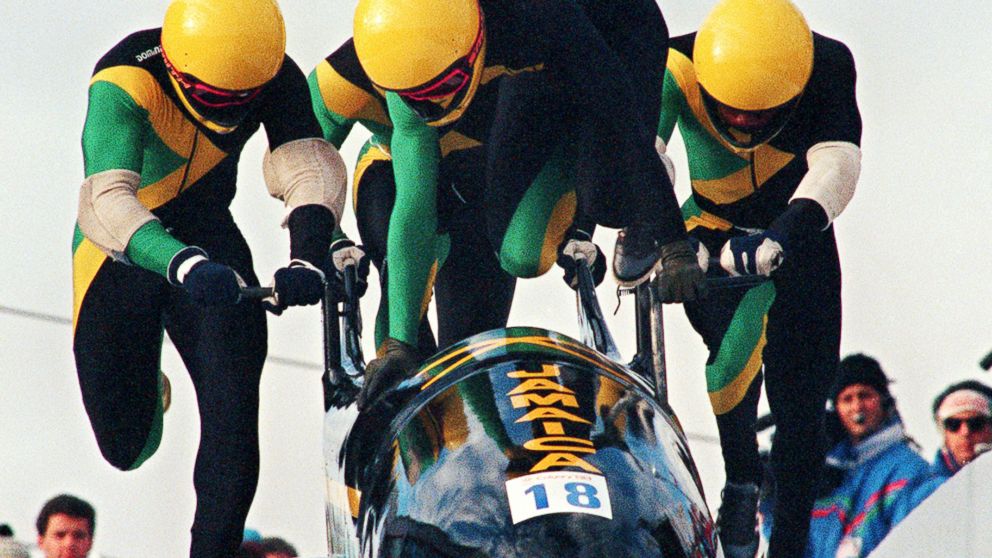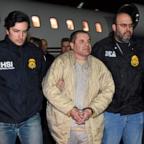'Feel the Rhythm! Feel the Rhyme!' Warm-Weather Athletes Heating up Sochi
Meet the real-life contenders in the mold of "Cool Runnings."

Feb. 9, 2014— -- As the 2014 Winter Olympics begin, more than 100 countries, including those with the hottest year-round climates, are competing to bring back medals and a share of glory.
Of these countries, Tonga tops the list as the hottest country confirmed to participate, according to stats from AccuWeather. This archipelago lies in the southwest Pacific between Fiji and Nieu, just south of the equator. It maintains a tropical climate with temperatures ranging from 75 to 85 degrees Fahrenheit most of the year and a good dollop of humidity to boot.
Tonga is sending 26-year-old Bruno Banani, who will compete in the men’s singles luge at Sochi. He will be the first athlete to represent Tonga for a winter Olympics. His incentive to join the sport derived from Princess Salote Mafile’o Pilolevu Tuita, the daughter of the House of Tupou, Tonga’s royal family. It was reportedly Princess Tuita’s personal ambition to see a Tongan citizen compete in the Winter Olympics.
Just last year, Banani qualified for the 2014 Winter Olympics after finishing 28th out of 42 starters in a World Cup meet in Park City, Utah. He was unable to qualify for the 2010 Winter Games due to a crash that resulted in a concussion.
The British Virgin Islands, a premier sailing destination, also has a year-round warm climate, with about seven to nine hours of sunshine each day. The country will be sending freestyle skier Peter Crook. Together with his father, he created the British Virgin Islands Ski Association in 2010. This is what enabled him to contend for the Winter Olympics.
“I’d say that the biggest challenge we faced was initially putting the concept before the British Virgin Islands Olympic Committee," he said in an interview with FreeSkier. "We had the task of explaining to them exactly what half-pipe skiing was. There was definitely some confusion as many had never been exposed to the sport and there certainly isn’t any snow in the BVI!”
Crook is currently ranked No. 27 in the world by the Association of Freeski Professionals and took 10th place at the World Cup held in Cardrona, New Zealand, where athletes from up to 30 different nations competed.
Then there's Jamaica, with temperatures routinely in the 80s, plenty of humidity, and a total of three months of rain.
Jamaica was first represented in the Winter Olympics in 1988 in Calgary when a team of track sprinters competed in the men’s four-man bobsleigh competition. This, simultaneously, inspired the Disney film “Cool Runnings.” This year, Marvin Dixon and Winston Watts will compete in the two-man bobsleigh competition against 30 other teams.
Watts, with 21 years of experience, recruited Dixon, who has been competing for seven years, in hopes of putting together a four-man sled team, but due to financial obstacles, shifted his focus to a two-man sled with himself as the driver and Dixon as the pusher.
To qualify for Sochi, the driver must be ranked in the top 50 by the International Bobsleigh and Skeleton Federation. However, only the top 30 will be able to attend the Olympics. Watts ranked No. 30 out of 30 for the two-man event.
The Philippines will also be competing at Sochi. Located near the equator, the islands experience a tropical monsoon and climate featuring 80-degree weather, oppressive humidity and frequent rainfall.



